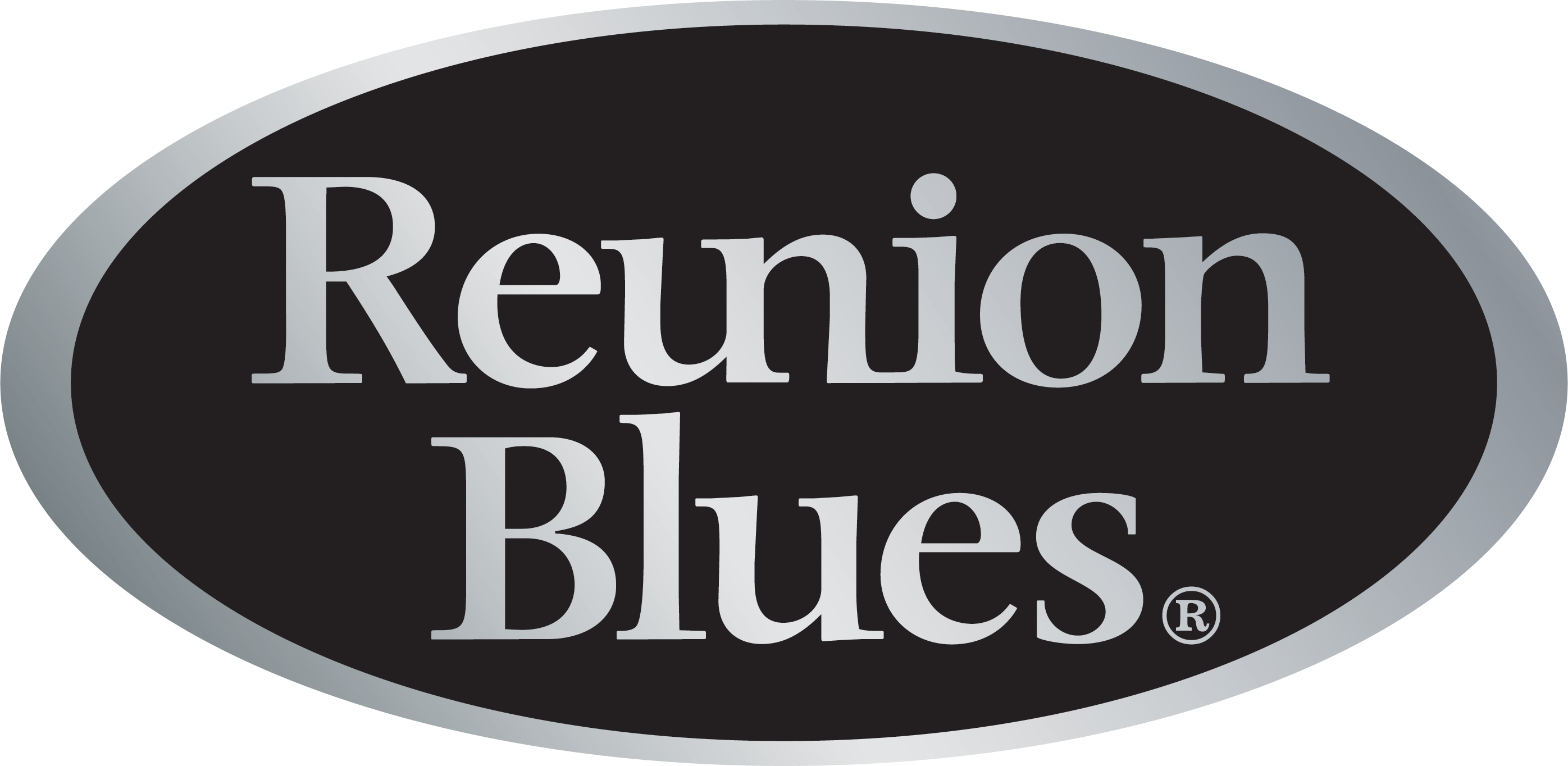Using Self Talk to Increase Performance Confidence (Part 2 of 2)
In Part 1 we covered why self-talk is important to work on and how you can get in touch with your own inner monologue and patterns of self-talk. Now we’ll address what to do to change these patterns to help build your own confidence with your music and performing.
Implement change.
Once you have your list of negative self talk, spend some time thinking about what it would be like for your child or your little sibling or niece or nephew or any other young person you care for to hear things like that from you constantly. Your subconscious is very much a childlike version of you who responds strongly to this kind of suggestion. Connect with the idea of how toxic this kind of criticism is to your well-being and self-image. Start writing alternative sayings next to the ones you find yourself saying, so that when it comes up in your mind you can immediately replace it. These can be affirmations such as, “I’m getting better and better at playing legato,” to replace, “I suck at playing legato.” Start actively replacing your self-talk with these positive and affirming versions. And don’t worry if you don’t believe it because, a lot of the time you’ll have to:
Fake it till you make it.
There is a ton of science to back up the reality that have we behave actually affects the way we feel. If you smile, you will instantly feel a little bit better. The relationship between physiology and psychology is reciprocal. So if you’re not feeling confident, the more you can act confident and especially speak to yourself confidently, the more confident you will become over time. I don’t mean acting arrogantly in front of people. I just mean holding your head up high and telling yourself you can do it.
Use your body.
Since physiology has such an effect on your mindset, there are little things you can do daily, and use in moments of pressure, like right before a performance, to increase your sense of confidence in the moment. One of these is power posing. If you’re feeling really nervous before a performance, find a secluded spot, or share this practice with your colleagues, and strike a pose! Raise your hands in the air, pump your fists, widen your stance, do whatever you can with your body that will make you feel like you just accomplished the greatest success of your life and hold that for a couple of minutes while making sure your inner monologue is a loving, encouraging, and positive one. This exercise will actually affect how you feel about yourself and your place in the world. It’s science.
Up the ante.
Start taking this principle into the actual words you say out loud to other people. Instead of telling your friend or colleague that you’ll never get this riff or passage right, just tell them how hard you’re working on it and how excited you are to eventually get it right. Speaking to other people this way about themselves also builds their confidence and makes you more likable and enjoyable to work with.
This doesn’t mean you have to pretend to be happy all of the time. You can admit to something being difficult, just try not to be defeatist about it, and be gentle with yourself. Investing in your own confidence and belief in yourself will have a huge affect on your life, work, and art.
